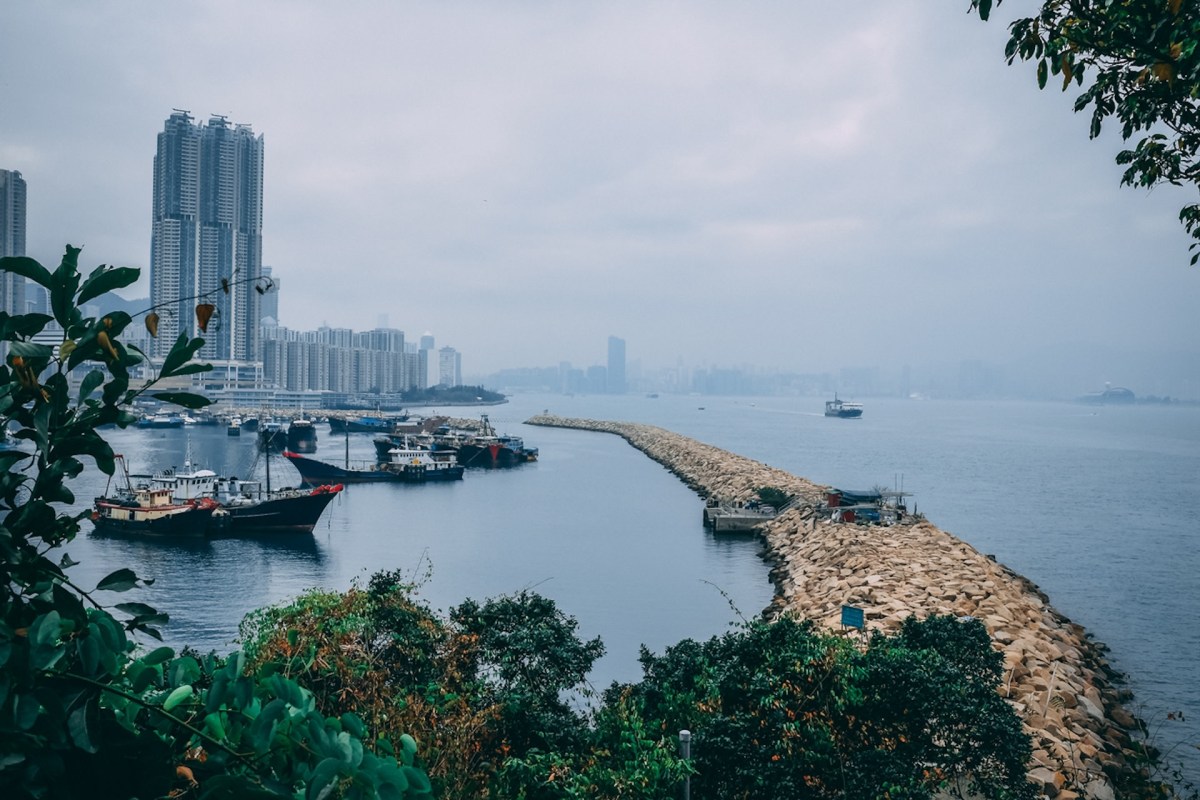Conservationists are recycling an unlikely source to help rebuild biodiversity in Hong Kong's bays: oyster shells.
Hong Kong has long been an oyster hotspot, but urban development and water pollution, paired with over-harvesting and seafloor dredging by the lime industry, have destroyed the city's oyster habitats and threatened biodiversity over the last five decades.
Now, local activists have come up with a quirky solution: recycling discarded and donated oyster shells to rebuild some of the reefs that have been destroyed. They hope this will help the region's oysters make a comeback while positively affecting local biodiversity as a whole.
So far, the group is working with local farmers and plans to incentivize restaurants to recycle their discarded shells. To date, the shells have been used in four projects, and preliminary data shows that some of the restored reefs are gaining biodiversity.
Protecting Hong Kong's oysters will also help protect the city's 700-year-old oyster farming tradition, which supports local farmers.
At the same time, oysters play a critical role in their ecosystems, acting as barriers against tidal surges from strong storms and providing habitat for other marine life.
This isn't the first time oyster shells have been used in this way. In Louisiana, the nonprofit Coalition to Restore Coastal Louisiana has been rebuilding oyster reefs in the same way since 2014. The organization has used more than 6,000 tons of oyster shells to restore about 8,000 linear feet of oyster reef.
Likewise, another reef restoration project in Northern Ireland has led to the return of these mollusks to the Belfast Lough channel. Oysters had previously suffered a drastic population decline there because of pollution, disease, and overfishing.
Hong Kong residents are enthusiastic about the potential of oyster recycling off the city's coasts.
"You'll see more fish, you'll see more crabs, more birds," Bayden Russell, associate director of the University of Hong Kong's Swire Institute of Marine Science, said of the restoration project, per The Guardian. "That diversity of other organisms will be obvious."
Ken Cheng Wai-kwan, the community leader of Ha Pak Nai on Hong Kong's Deep Bay, told The Guardian: "This place is forgotten. Oysters have been rooted here for over 400 years. I ask the question: Do we want to lose it, or not?"
Join our free newsletter for weekly updates on the coolest innovations improving our lives and saving our planet.









